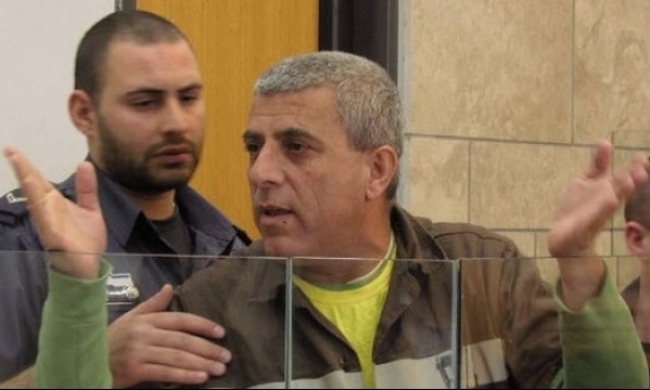
Long-time Palestinian prisoner and prominent figure Walid Daqqa was moved on Wednesday, 25 January from the Ketziot Negev desert prison to solitary confinement in Ramon prison. Daqqa, one of the pre-Oslo prisoners, has been held in Israeli prison since 1986 along with his comrades Ibrahim and Rushdi Abu Mukh and Ibrahim Bayadseh; they are sentenced to life sentences for taking part in a Palestinian resistance operation targeting an Israeli occupation soldier. As one of the pre-Oslo prisoners, Daqqa’s release has been demanded over the years, yet the Israeli state has repeatedly refused to release him and has insisted that as he, Bayadseh and the Abu Mukh brothers are Palestinians holding Israeli citizenship, they are a separate matter from their fellow 7,000 Palestinian prisoners.
From the town of Baqa al-Gharbiyeh, Daqqa has become a prominent figure inside Israeli prisons and in the Palestinian prisoners’ movement, writing about his experience and that of fellow prisoners and gaining his masters’ degree. The staging of a play that reflects Daqqa’s stories and experiences, “A Parallel Time,” in Haifa’s al-Midan Theater in 2015, sparked attempts by the Israeli state to defund the theater and other Palestinian cultural institutions.
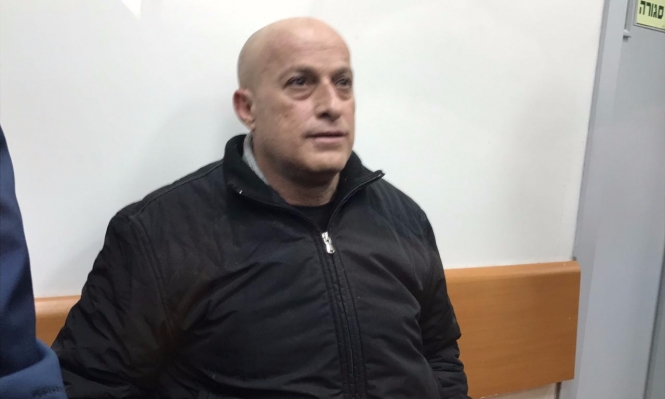
The isolation of Daqqa comes as he is invoked in the Israeli allegations against Knesset member Basel Ghattas, alongside his brother Assad Daqqa. Ghattas is accused of bringing cell phones to Palestinian prisoners in Israeli jails while he met with Daqqa and Basel al-Bizra; Daqqa received only documents, while al-Bizra is accused of receiving cell phones. On the same day Walid Daqqa was isolated, his brother Assad was brought before an Israeli district court and a hearing set for 1 February; Assad Daqqa is accused of providing the alleged cell phones to Ghattas.
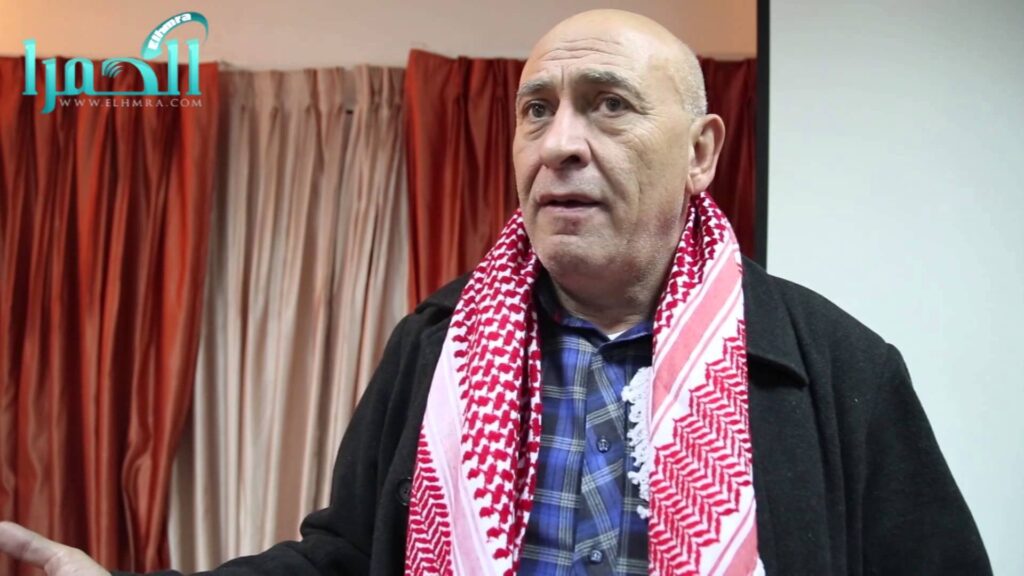
Ghattas was held in house arrest and has been barred from the Knesset; Palestinian organizations have widely condemned the persecution of Ghattas as an attempt to both attack Palestinian citizens of Israel – who already live under more than 50 racist laws and face continuing land confiscation, home demolitions and arbitrary political arrests – more broadly and to further silence and isolate Palestinian prisoners.
The prison branch of the Popular Front for the Liberation of Palestine issued a statement from Israeli prisons on Daqqa’s solitary confinement, saying that Israeli prison officials “target the comrade because he represents an influential leadership role in the prisoners’ movement as one of its key figures, particularly at this time of the targeting of the Palestinian people in occupied Palestine ’48 through home demolition, killings in cold blood and the adoption of racist laws in the occupation Knesset, as part of the systematic displacement and targeting of the Palestinian people…We in the PFLP Prison Branch and the national and Islamic forces and the prisoners’ movement have sent a clear message to the prison administration that they will be held accountable for the consequences of isolating Walid, and the seriousness of this decision.”
Firas Omari, of the Freedoms Committee of the Arab Monitoring Committee in Palestine ’48, emphasized that Palestinians who have spent over three decades in Israeli prisons are denied simple phone calls with their families. “Jewish criminal prisoners are allowed to marry and talk daily to their families on the telephone…while Palestinian political prisoners are deprived of all of their rights,” said Omari. He noted that the persecution of Ghattas and prisoners’ families, such as Assad Daqqa, the brother of long-term prisoner Walid Daqqa, is another attempt to prevent communications by the prisoners and keep them in permanent isolation.
“What has happened to the deputy Basel Ghattas and Assad Daqqa, the brother of Walid Daqqa…is a mechanism by the occupation to impose new racist secuity measures that carry a great danger for the prisoners,” said Omari.

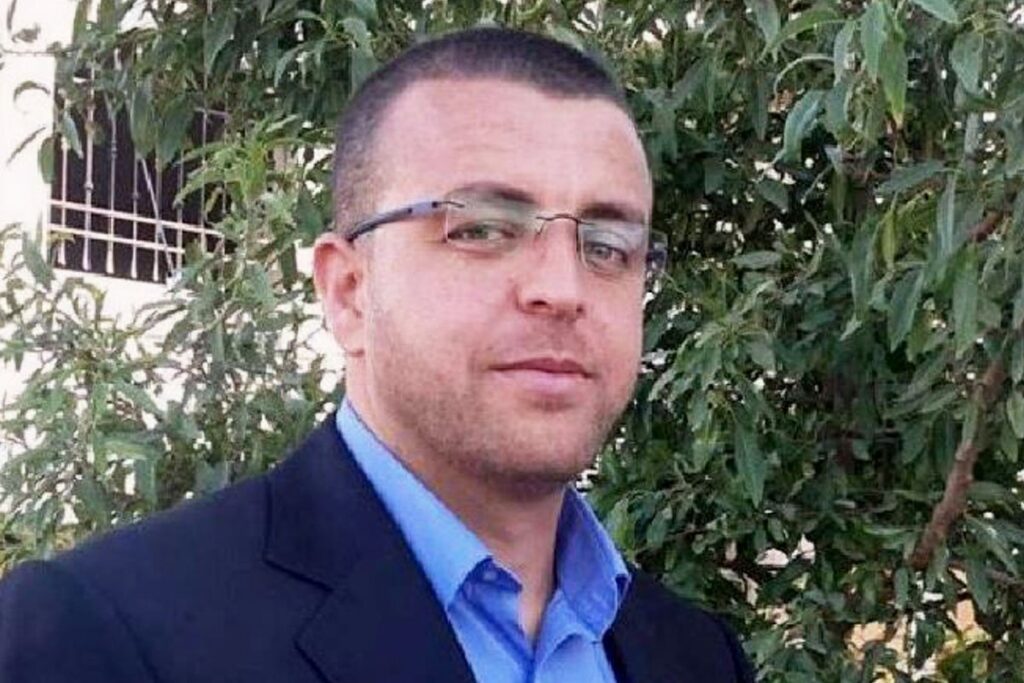 Palestinian journalist and former long-term hunger striker
Palestinian journalist and former long-term hunger striker 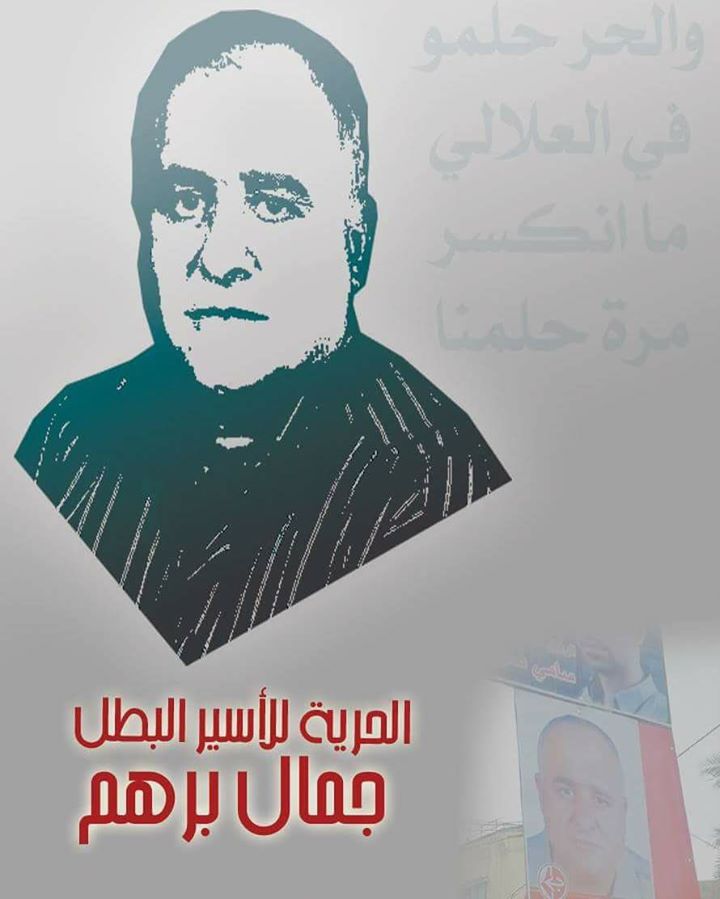 Prominent Palestinian
Prominent Palestinian 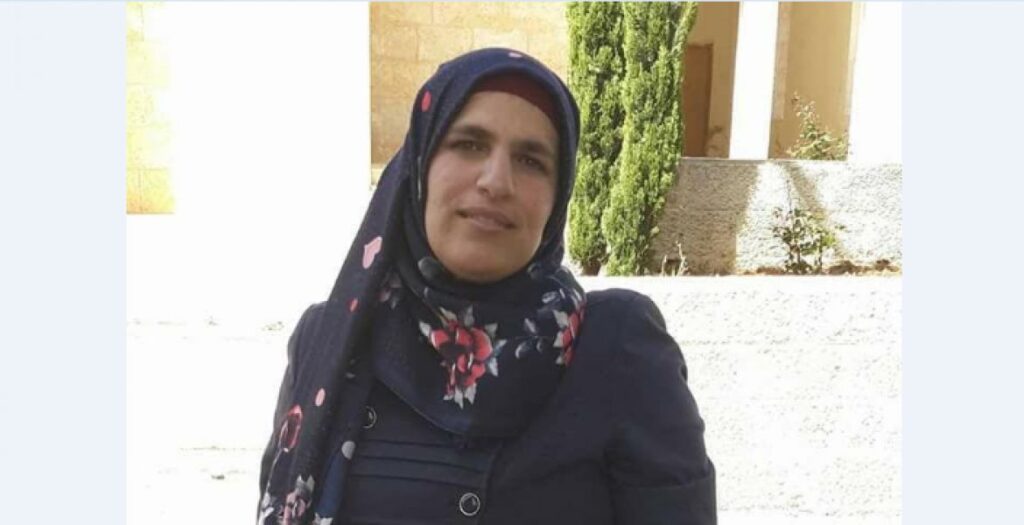 Palestinian re-arrested prisoner
Palestinian re-arrested prisoner  Solidarity with Antwerp activists for Palestine facing prosecution: translated from French; originally published at
Solidarity with Antwerp activists for Palestine facing prosecution: translated from French; originally published at 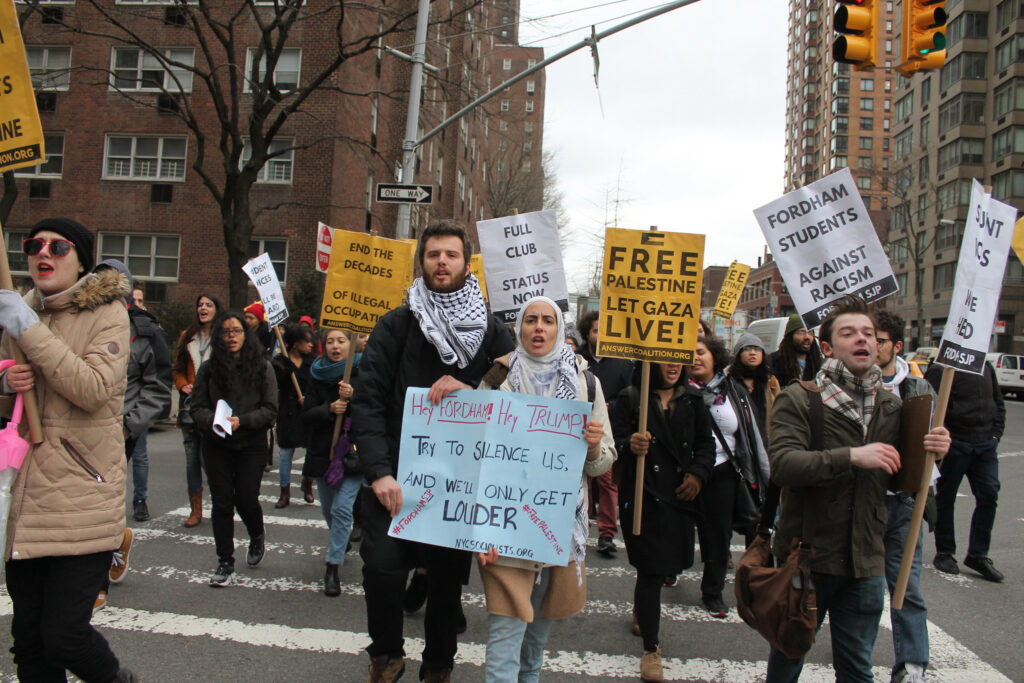
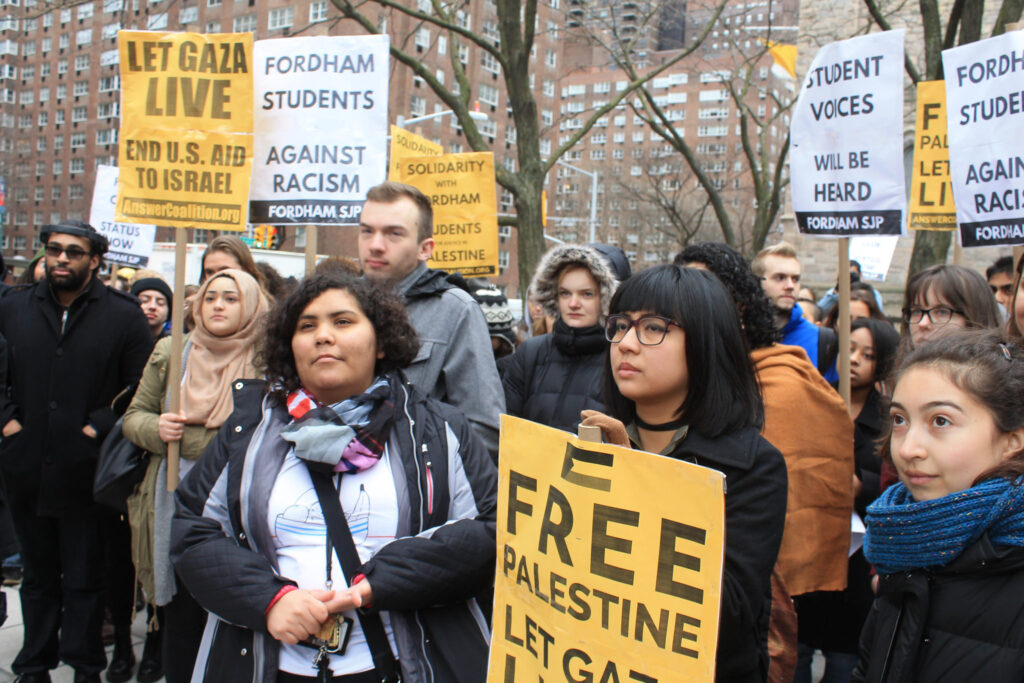
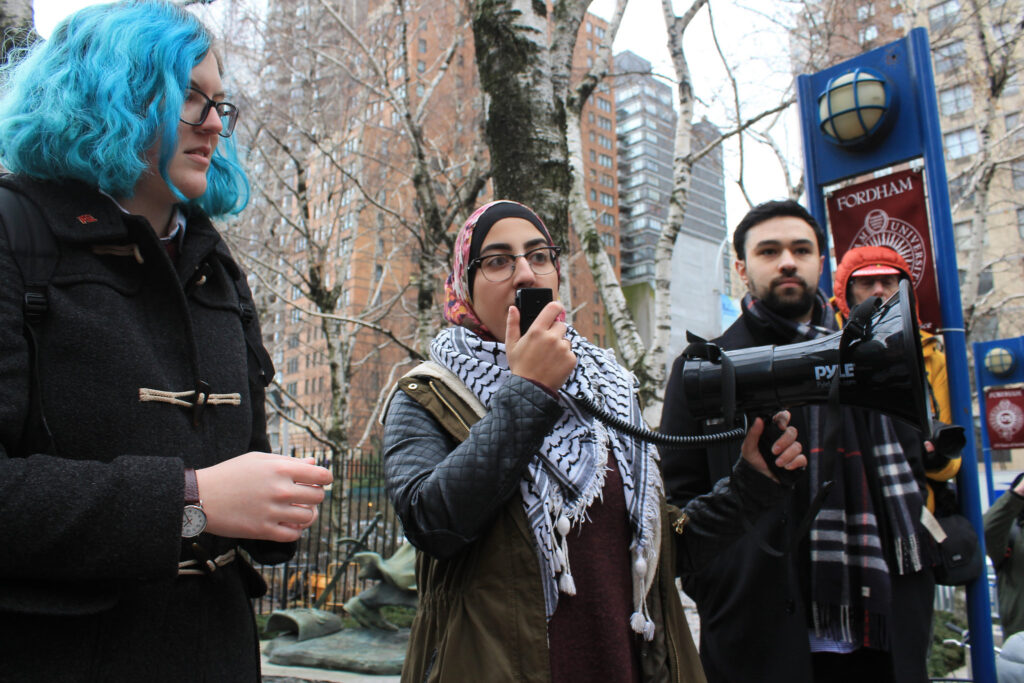
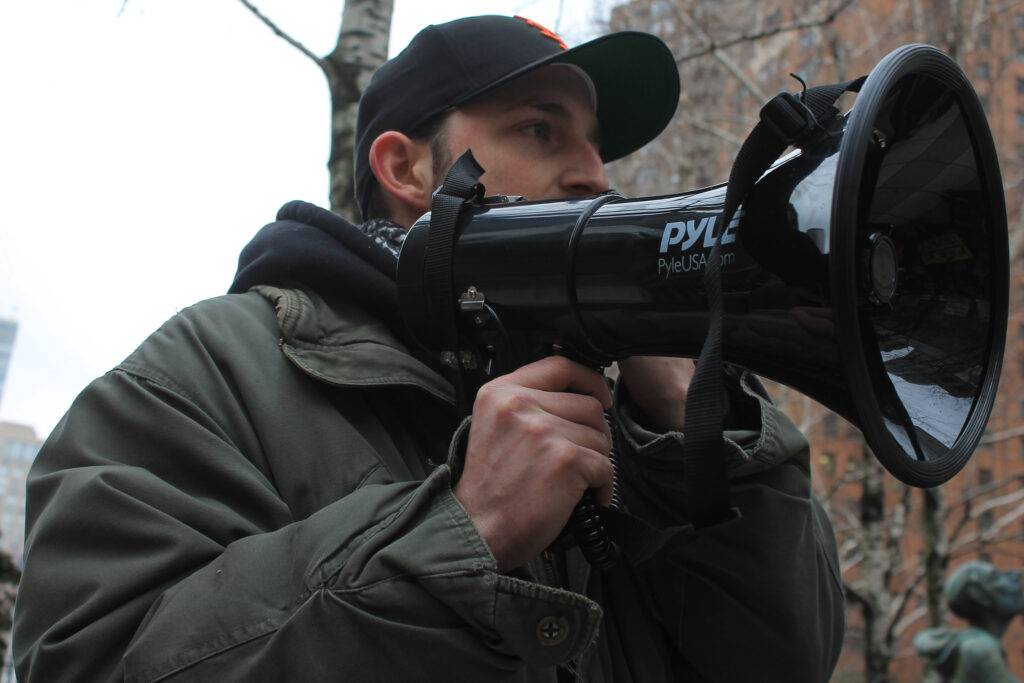
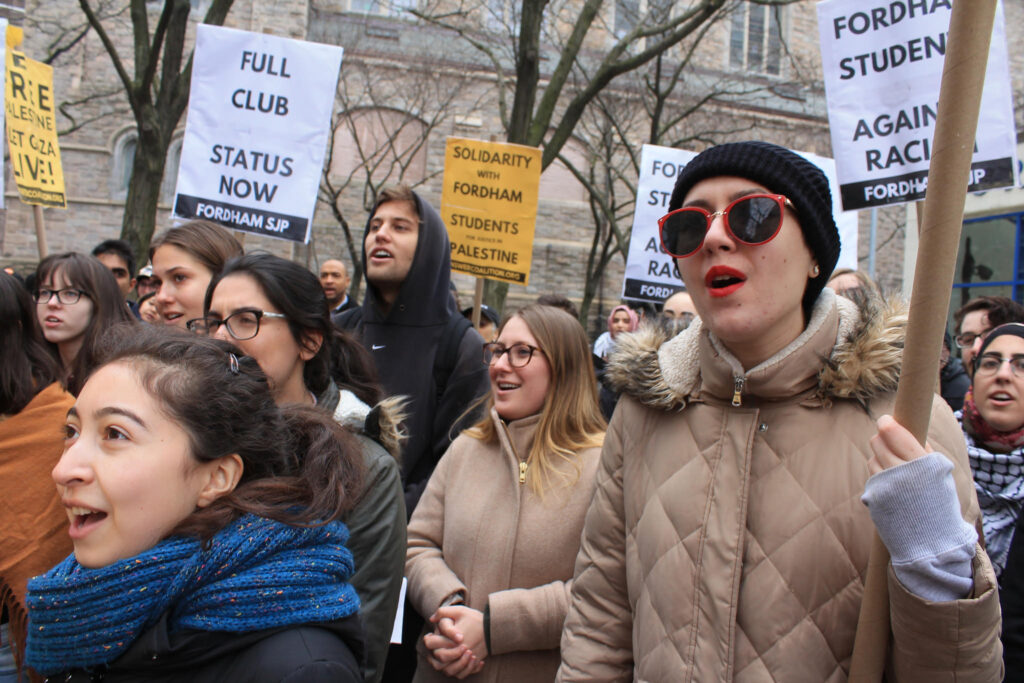
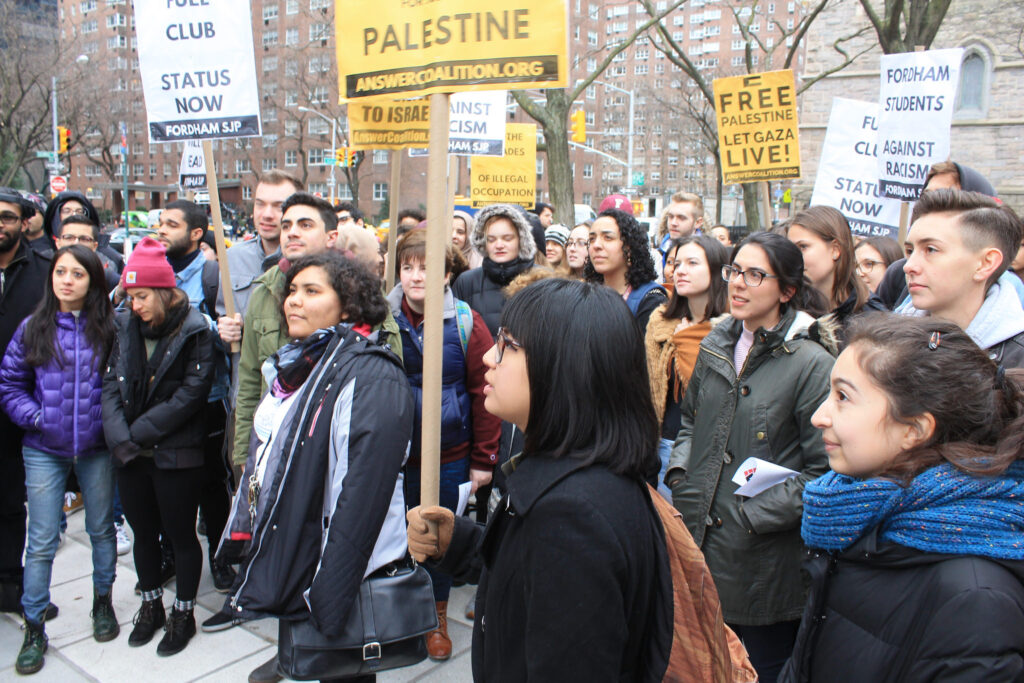
 Salah Khawaja, a member of the coordinating committee of the
Salah Khawaja, a member of the coordinating committee of the 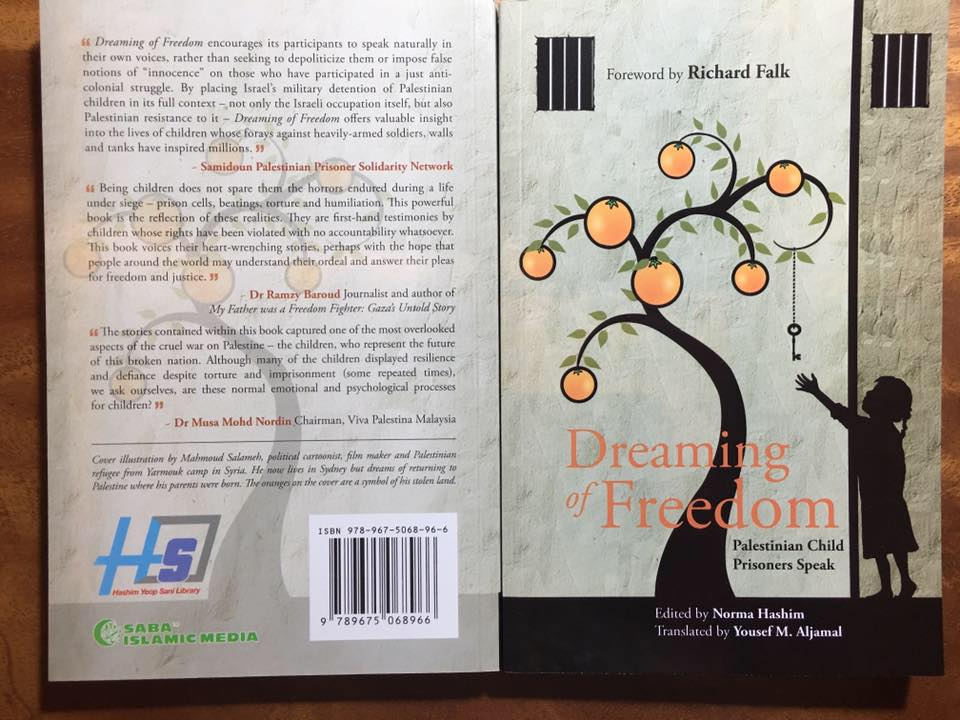 Please join us at P21 Gallery for the book launch, talk & discussion of Norma Hashim’s book: “Dreaming of Freedom: Palestinian Child Prisoners Speak” on Wednesday 1st February at 7pm
Please join us at P21 Gallery for the book launch, talk & discussion of Norma Hashim’s book: “Dreaming of Freedom: Palestinian Child Prisoners Speak” on Wednesday 1st February at 7pm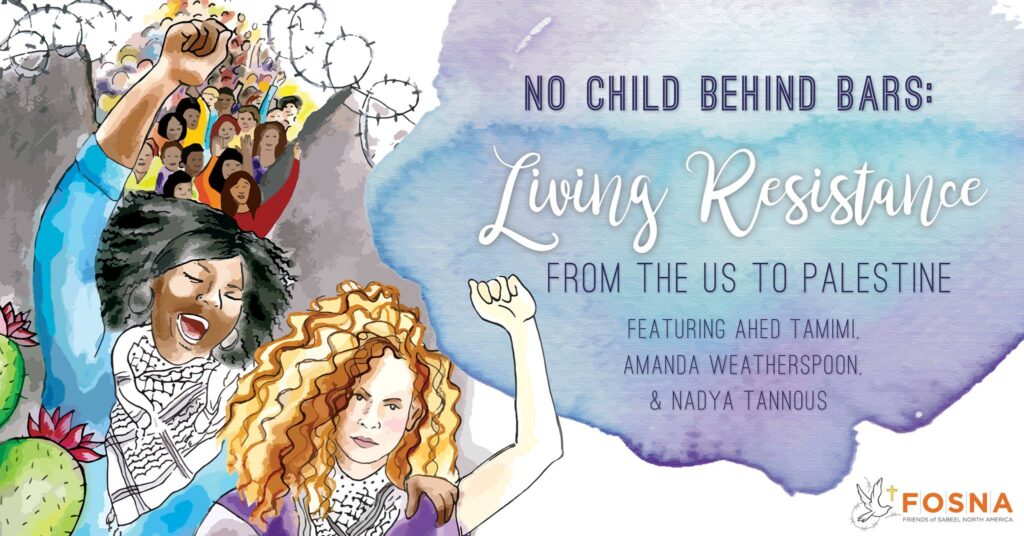
 Join
Join 